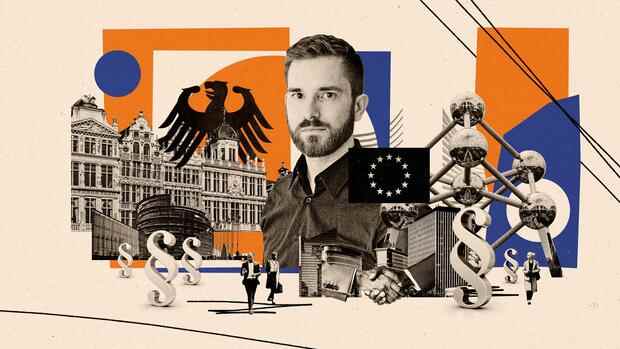In Brussels, many are amazed at how quickly everything happened. The EU foreign ministers met four times within a week. Each time, they unanimously made decisions that were previously unthinkable.
The EU’s response to the crisis worked, that’s for sure. The power struggles were fought out, but it didn’t take months of trials, only a few days of concentrated work. Brussels has brought together its 27 member states and also the partners USA, Great Britain and Canada.
What will remain of this for the forthcoming reorganization in many policy areas? What is certain is that many questions will have to be approached in a completely new and completely different way than before. Four examples:
Example armaments policy:
Council President Charles Michel sees the investment of 500 million euros in weapons and equipment for Ukraine as the start of a common armaments policy. Theoretically, there is, there is also a defense committee in the European Parliament, but armament at EU level has actually played a subordinate role so far.
Top jobs of the day
Find the best jobs now and
be notified by email.
States have always joined forces for large projects. But it is precisely this cooperation that complicates, delays and makes projects more expensive. Will that change if armaments become a real EU issue?
>> Read about this: Defense industry prepares higher production
The omens are rather bad, the interests and traditions of the member states are very different. This is also shown by Sunday’s decision: With regard to Ireland, 50 of the 500 million euros are earmarked for non-lethal equipment. Because Ireland did not want to participate in the financing of arms.
Example of the EU climate course:
The EU’s climate course is clear in broad terms. But recently there has been a lot of controversy: Parliamentarians wanted to complain that certain investments in nuclear power and efficient gas-fired power plants were defined as “sustainable”. Nothing will remain of the plan. Others are fighting to save internal combustion engines, hopefully that’s over.
>>Read more about this: “Half measures are not an option” – The Intergovernmental Panel on Climate Change warns against inaction
There was also a debate about how much more expensive CO2 emissions should become. If at some point no more gas and oil came from Russia, both would probably become so expensive that additional surcharges would hardly be enforceable – neither for the industry nor for private individuals, who should also pay for refueling and heating.
Example debt rules:
Up until a week ago, an important argument revolved around how the euro zone’s debt rules should be reformed. In the corona crisis, the restrictions were lifted so that the states could adequately support their economy.
Now the states need money again to support ailing companies and to invest in their defense. The most likely development: The exception will be extended, the discussion will be postponed.
Example migration policy:
The EU has just shown unity on one more point, about which it has been at odds for years: the refugee issues drove some heads of government to despair and the Union to its abyss. Eastern European countries in particular had spoken out against distribution quotas and legal migration routes.
Now these same countries feel particularly threatened by Russia and are keeping their borders open to Ukrainians. However, it is not to be expected that they will do the same for refugees from Africa and the Middle East in the future.
More: Where does the replacement for natural gas, oil and hard coal come from? The consequences of the sanctions for the energy supply
